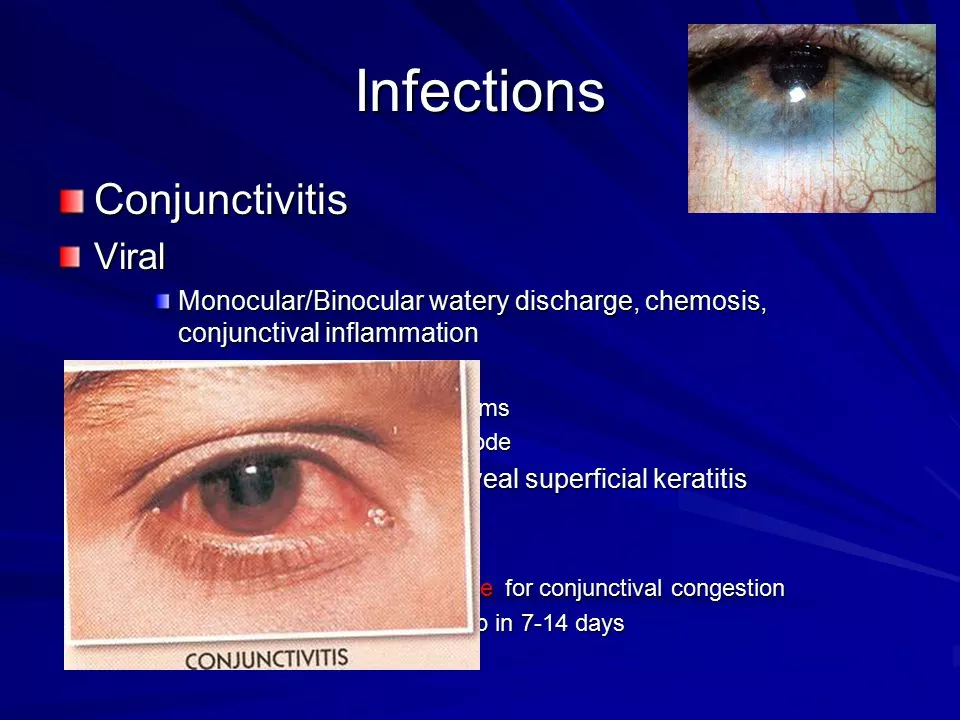Causes: Why Health Problems Start and What to Do
Ever wonder why one person gets the flu and another doesn’t, or why some people develop acid reflux while others don’t? Causes matter because they tell you what to change, what to watch for, and when to get help. This page breaks down the main types of causes you’ll see across our articles and gives practical steps you can take right away.
Common categories of causes
Infectious: Bacteria, viruses, and fungi cause many everyday problems—UTIs, colds, strep throat. That’s why antibiotics like Noroxin or treatments such as Flagyl appear often in our guides. If symptoms come on fast (fever, severe pain, sudden swelling), infections are a likely culprit.
Genetic and biological: Some conditions run in families or come from how your body is built—type 2 diabetes risk, certain heart problems, or conditions affecting mood like bipolar disorder. Medication choices, such as nortriptyline for mood, depend heavily on this background.
Lifestyle and behavior: Diet, smoking, alcohol, sleep, exercise, and stress are massive drivers. Poor diet and lack of activity raise risk for acid reflux, diabetes, and many chronic issues. Smoking habits affect lung health and workplace policies aim to reduce exposure because secondhand smoke causes real harm.
Environmental and occupational: Exposure to pollutants, allergens, or irritants can trigger contact dermatitis, asthma flares, or chronic cough. Things like workplace chemicals or pollen levels at certain seasons can make symptoms worse even if your body is otherwise healthy.
Medications and side effects: Sometimes the drugs meant to help cause problems. For example, certain antibiotics, antidepressants, or steroids can have side effects that need monitoring. We cover alternatives and safety tips for many common meds.
How to act: reduce risk and when to seek help
Be specific with prevention. Wash hands to cut infection risk. Keep a food and symptom log if digestive issues recur. If you smoke, check workplace and local support to quit — even small changes reduce risk. For allergies, track triggers and consider antihistamines like Zyrtec after talking to your doctor.
Know red flags. High fever, sudden weakness, severe chest pain, trouble breathing, or confusion need prompt medical attention. For chronic issues, persistent symptoms lasting weeks deserve a doctor visit. If a medication seems to cause new problems, don’t stop it abruptly—ask a provider about safer alternatives.
Use reliable help. If you buy meds online, choose reputable pharmacies and check reviews and certifications. For unclear symptoms, a short telemedicine consult can quickly tell you if you need tests or emergency care.
Causes can be complex, but you don’t need to guess. Look for patterns, take simple prevention steps, and get timely medical advice when things don’t improve. Our tag pages link to focused guides on specific drugs, conditions, and real-world tips to help you take practical next steps.

Understanding Hives: Causes, Symptoms, and Treatments
In my recent research on hives, I've discovered that they are an allergic reaction caused by the body releasing histamine. Common symptoms include itchy, red, and raised welts on the skin. Identifying and avoiding triggers, such as certain foods or medications, can help prevent hives. Over-the-counter antihistamines and creams can provide relief for mild cases, while prescription medications may be necessary for severe or chronic hives. It's important to consult a doctor for proper diagnosis and treatment.
May 13 2023Understanding the Causes of Difficulty Urinating: A Comprehensive Guide
As a blogger, I recently delved into the topic of difficulty urinating and discovered some interesting insights. In my comprehensive guide, I uncovered various causes such as urinary tract infections, bladder issues, and enlarged prostate glands. Additionally, I found that certain medications and neurological conditions could also contribute to this problem. In my research, I also learned about the importance of consulting a healthcare professional for proper diagnosis and treatment. Overall, understanding the causes of difficulty urinating is crucial to effectively address this common yet often overlooked issue.
May 11 2023
Understanding Bacterial Eye Infections: Causes, Symptoms, and Treatments
I recently delved into the topic of bacterial eye infections, learning about their causes, symptoms, and available treatments. I discovered that these infections are typically caused by bacteria entering the eye, often due to poor hygiene or contaminated contact lenses. Common symptoms include redness, swelling, and discharge from the eye. Thankfully, there are effective treatments such as antibiotic eye drops and ointments that can clear up the infection. Overall, it's crucial to maintain good eye hygiene and seek medical attention if you suspect a bacterial eye infection.
May 4 2023